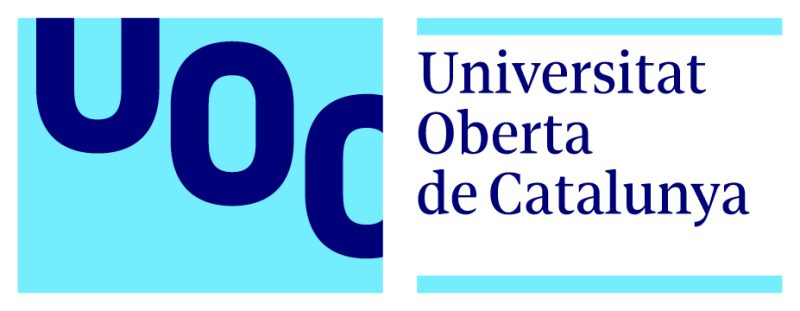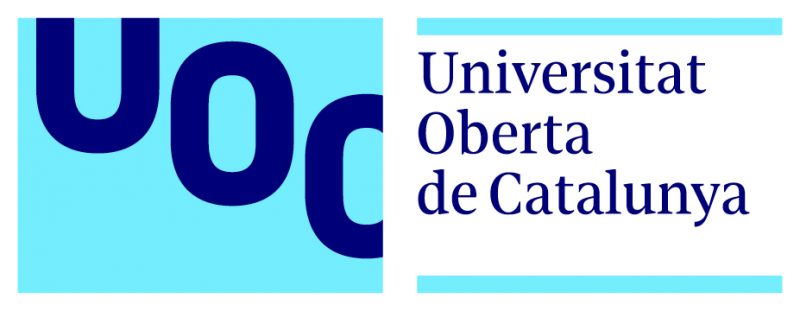Globalization, technological changes and the irruption of emerging powers are reconfiguring world politics and rapidly transforming our societies. This program is designed to give participants a clear understanding of the challenges of global governance.
The program starts on March, 16 2022 and finishes on July, 20 2022.
This is a specialization course aimed at graduate students with degrees in social sciences (Political Science, Sociology, Economics, Business and Administration, Social Sciences), other degrees, and non-graduate students interested in international policy issues and sensitized by the problems of the current world. The subjects of the course will have the master degree level, but non-graduate students will be accepted provided they have a minimum level to follow the program.
- International Environmental Politics . 3 ECTS
- Find out how the environment became an issue of global
politics - Welcome to the Anthropocene: Climate change and its
governance - Can and should international environmental governance
be reformed?
- Find out how the environment became an issue of global
- The Challenges of Multilevel Governance . 3 ECTS
- What is Multi-Level Governance?
- How Do Different Multi-Level Governance Systems Work?
- What Sorts of Challenges Do Multi-Level Governance Systems Face?
- Global Health Governance . 3 ECTS
- Technology and Global Governance . 3 ECTS
- Identify data sources and conduct rigorous bibliographic and documentary searches.
- Argue and establish, based on data and theory, plausible explanations about international phenomena and establish ways to validate or refute them.
- Prepare and prepare the presentation of reports and / or intervention proposals.
- Use English both to receive and to communicate information, analysis and proposals.
- Dynamic and flexible: it adapts and evolves continuously over time, allowing students to approach learning in a similar way to how they work and communicate on the internet.
- Focused on students and learning: the model is centred on learning environments that combine a variety of resources and working dynamics based on mentoring by the teaching team and interaction with fellow students.
- Continuous, constructive assessment: assessment activities help ensure the achievement of learning objectives and the development of skills.
- Collaborative learning: focussed on participation and collective knowledge-building, seeking a balance between the student's individual involvement and cooperation with others.
- Mentoring: the student is mentored by specialized faculty whose primary functions are to design, guide, promote and evaluate the entire educational process.
English level C1
Once the overall assessment process has been completed successfully, the UOC will issue a Specialization Certificate to those participants with an accredited university qualification that is valid in Spain.
Should you not have such a qualification, a Certificate will be issued








